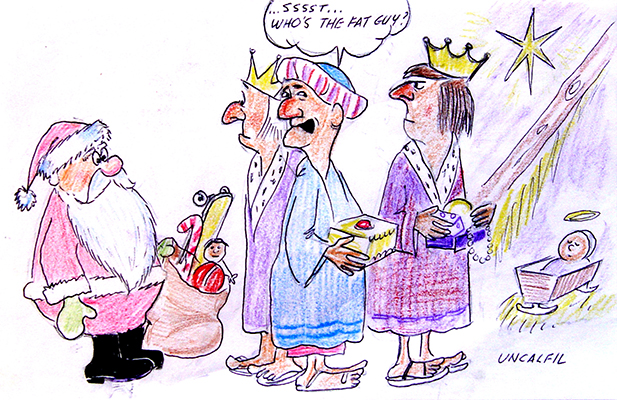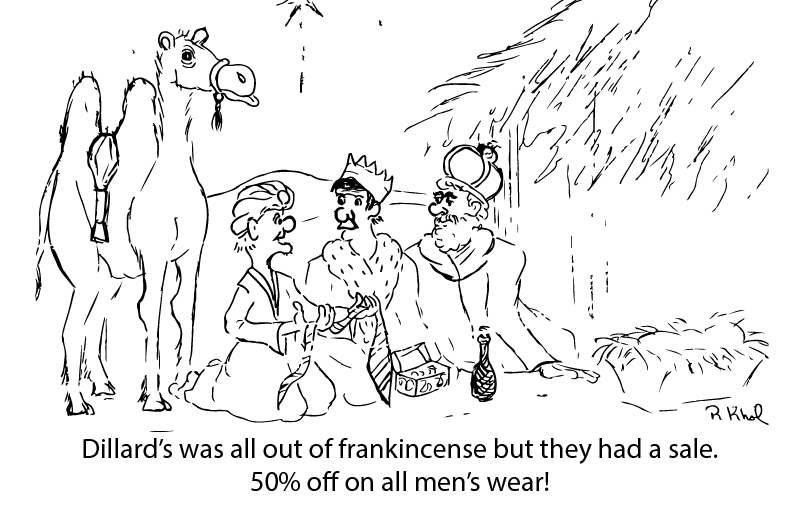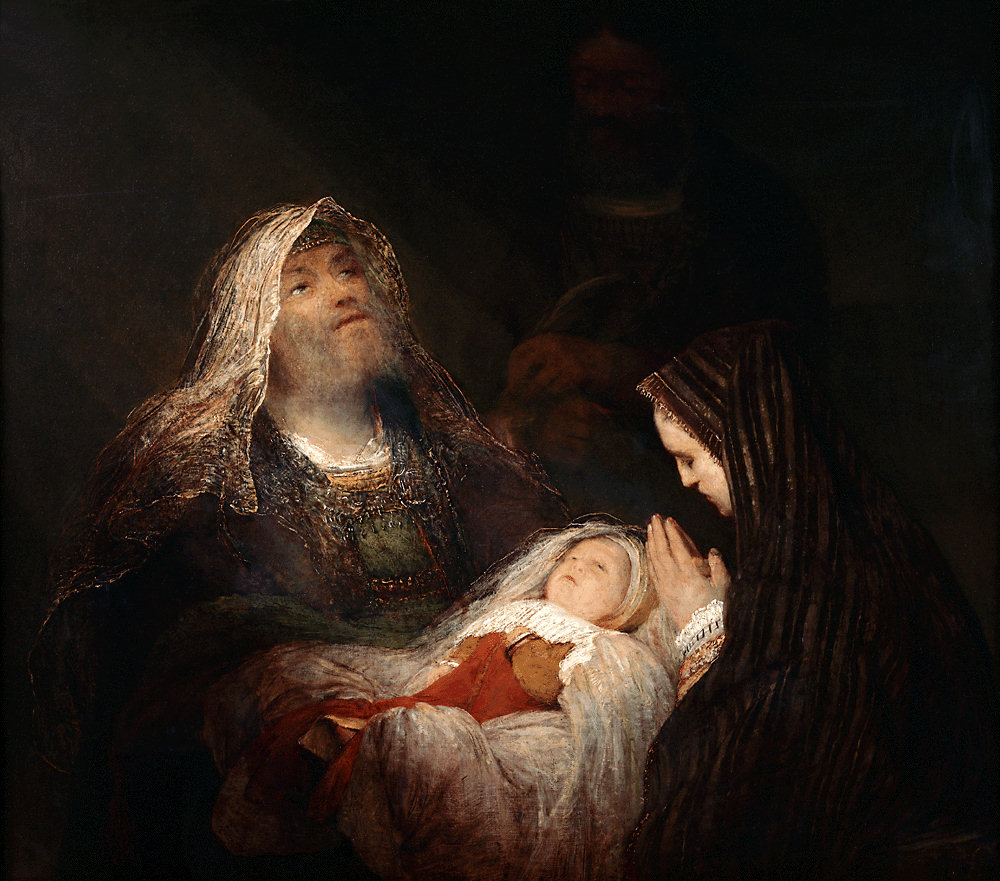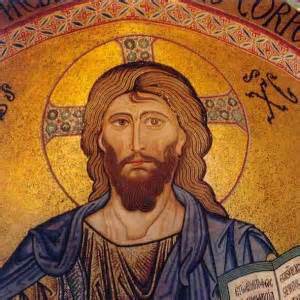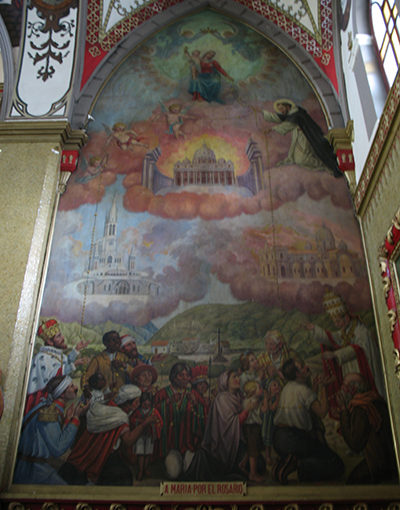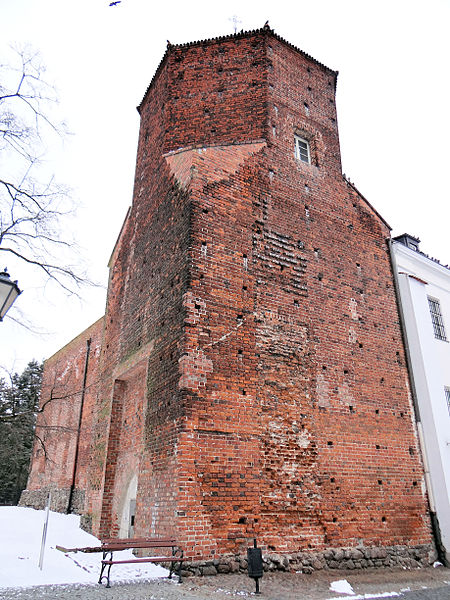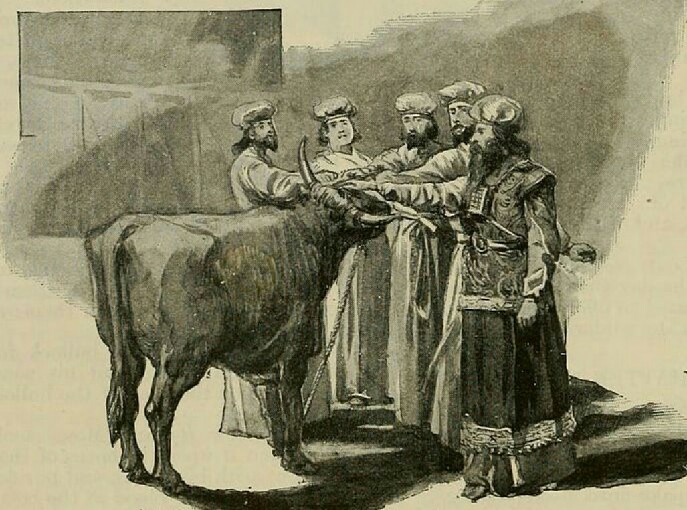“But you, Bethlehem Ephrathah, Though you are little among the thousands of Judah,
Yet out of you shall come forth to Me The One to be Ruler in Israel,
Whose goings forth are from of old, From everlasting.”
Micah 5:2*
When Herod the Great discovered that the wise men from the East wanted to worship the newborn Jewish Messiah, he called up Bible scholars to find out what prophecy had to say. The chief priests and scribes knew that the Christ was to be born in “Bethlehem in the Land of Judah” (Matthew 2:6).
There is no doubt that this passage refers to Jesus because it is quoted in Matthew concerning His birth. There is also no question that this verse is linked to the Anointed of the LORD, because it states that He was pre-existent before His birth in the stable, and even before the prophesy was given somewhere around 700 B.C.
Like most visions of the future, this prophecy is a two-dimensional snapshot of events with no depth of focus. Many prophesies lack chronological order, and this one lumps both advents of Christ in the same verse. The fact remains that the babe of Bethlehem has not yet become the Ruler of Israel.
The promised Son of David who was supposed to re-establish the throne in Israel never had the chance to reign. “He came to His own, and His own did not receive Him (John 1:11). Even the chief priests who handed over the Messiah to their Gentile overlords declared, “We have no king but Caesar!” (John 19:15).
All that will change in the twinkling of an eye. Jesus will soon return with an army of angels to reclaim what was denied Him almost two thousand years ago. He will be hailed not only as Ruler of Israel but as king of the whole earth.
*see also Matthew 2:6
December 18
